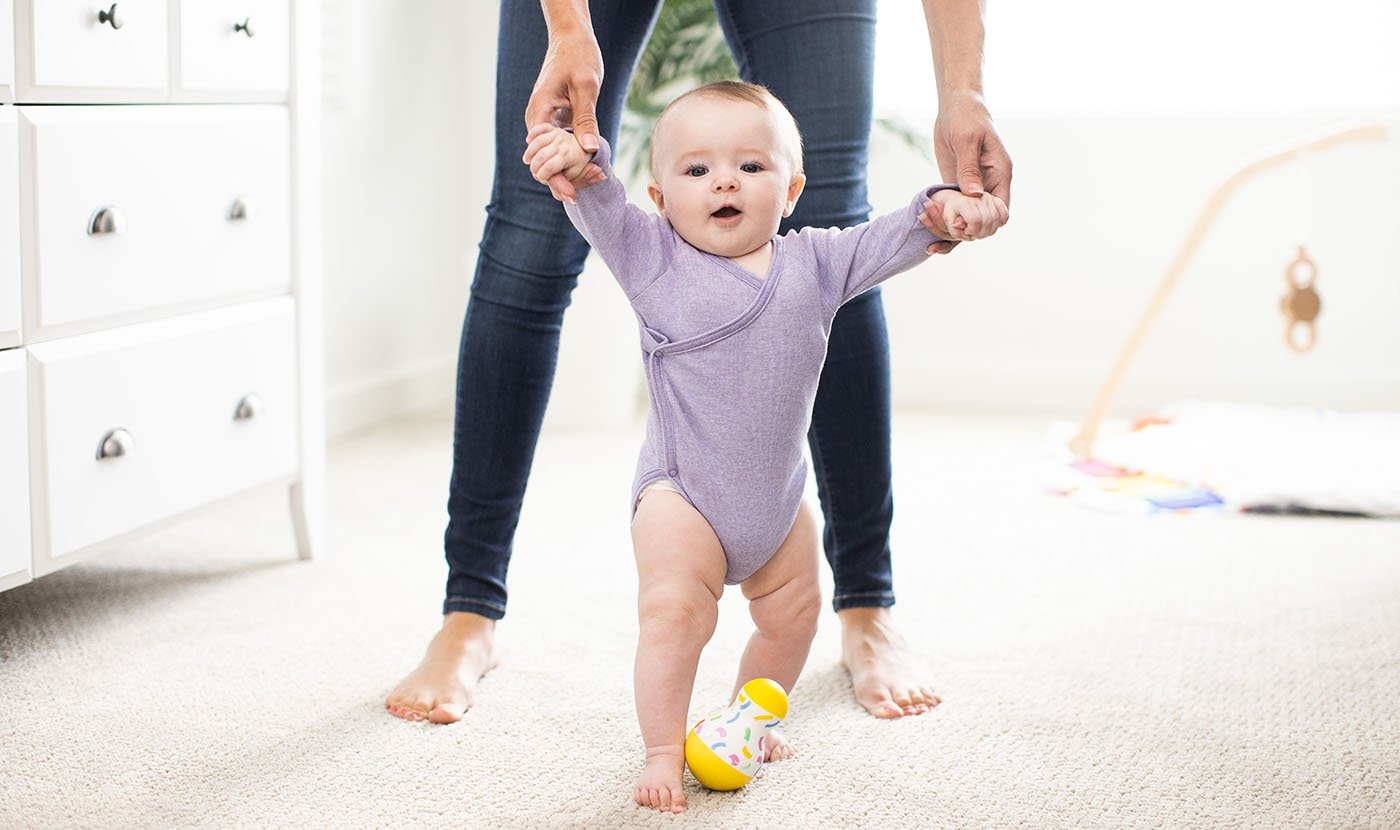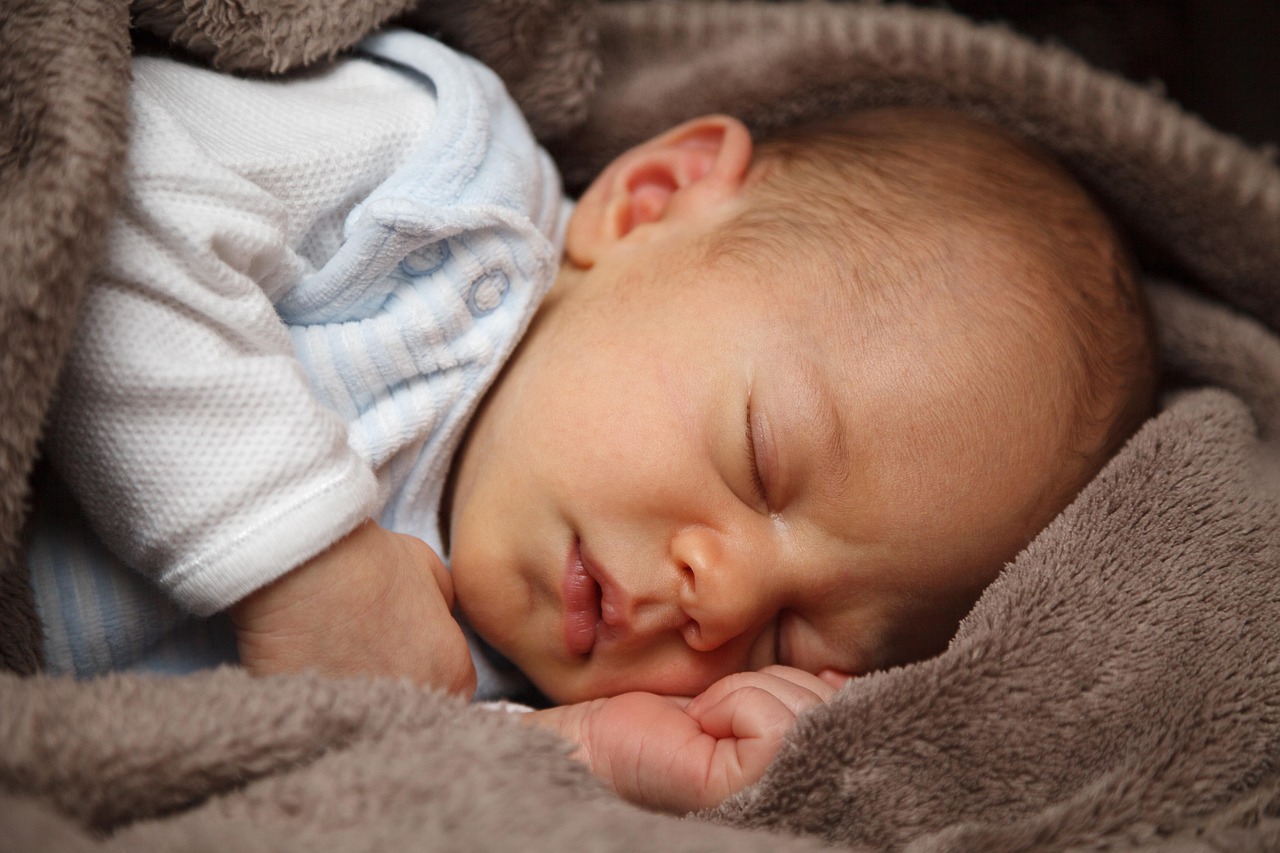The first year of life is arguably the most fascinating period of baby development. Every week brings a noticeable new change—a bigger smile, a stronger grasp, a different sound. For new parents, tracking these infant milestones can be both exciting and overwhelming. This guide breaks down the major physical, social, and cognitive leaps your baby will make during the first year, providing you with a clear, month-by-month roadmap. Remember, every baby develops at their own pace, but understanding the typical range can help you encourage their growth.
Months 1-3: The Newborn Stage
This stage is defined by rapid physical growth and social awakening. Your baby is leaving the protective confines of the “fourth trimester” and engaging with the world.
- Motor Skills: Initially, movements are jerky, but by three months, your baby can briefly hold their head up during tummy time and smoothly follow objects with their eyes. They start to open and close their hands and bat at dangling toys.
- Communication: They communicate primarily through crying, but toward the end of this stage, they’ll discover their voice, beginning to coo and make gurgling sounds.
- Social & Cognitive: The magic moment of the social smile typically appears around two months. Your baby will start to recognize your face and voice and quiet down when they see you.
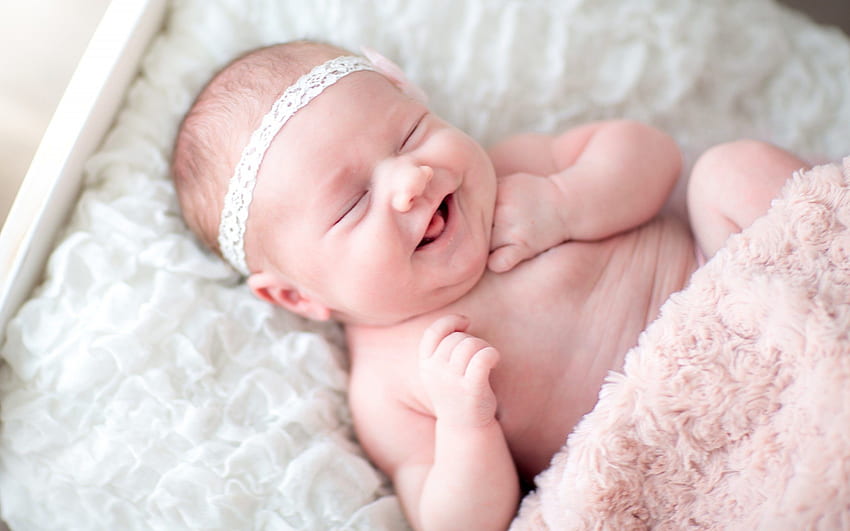
Months 4-6: Mobility and Sound
This is when things get interesting! Your baby gains much better control over their body and starts moving and making a wider range of sounds.
- Motor Skills: They can now roll over, often starting from their stomach to their back. They have excellent head control and can sit with support. Reaching and grasping objects become much more intentional and accurate.
- Communication: Expect lots of babbling, including consonant sounds like “m,” “b,” and “d.” They will start to mimic sounds they hear, a crucial step toward language.
- Cognitive: Your baby begins to understand cause and effect—shaking a rattle makes noise, dropping a toy makes a sound. They love looking at themselves in a mirror.
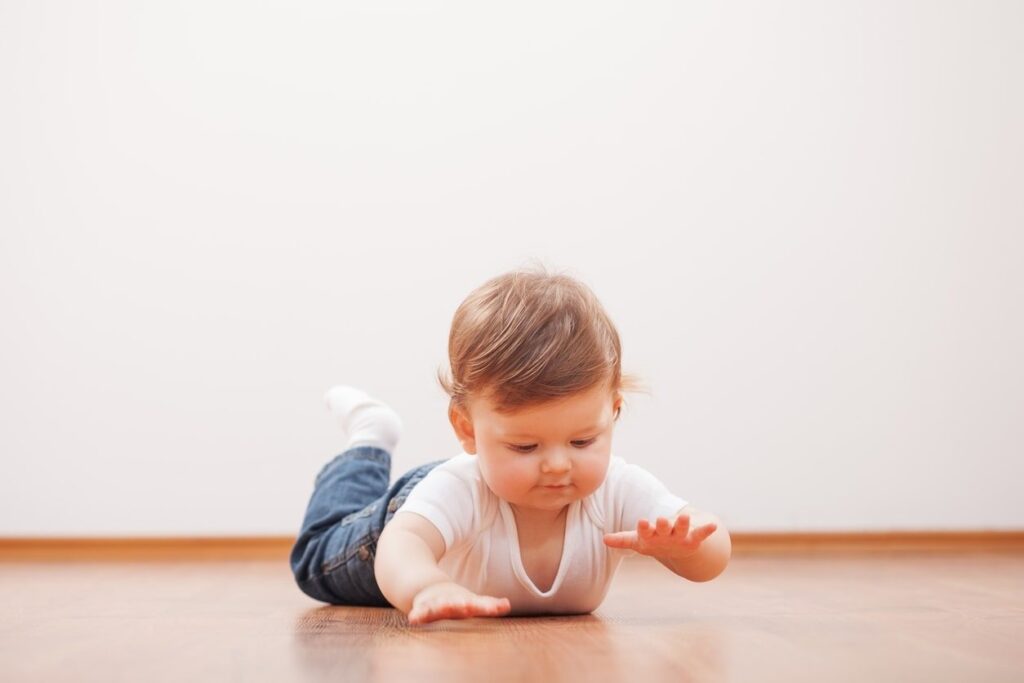
Months 7-9: Independent Movement
True independence begins here as your baby masters moving on their own and develops a stronger sense of object permanence (understanding that things still exist even when they can’t see them).
- Motor Skills: Most babies are sitting unassisted during this time. They are learning to crawl, whether through classic crawling, scooting, or “commando” crawling. They can easily transfer objects from one hand to the other.
- Communication: They can respond to simple verbal requests (“No” or “Come here”). They use strings of sounds, often “mama” or “dada,” without understanding the actual meaning yet.
- Cognitive: Separation anxiety may peek as their attachment to primary caregivers strengthens. They enjoy games like Peek-a-Boo because they understand the concept of disappearing and reappearing.
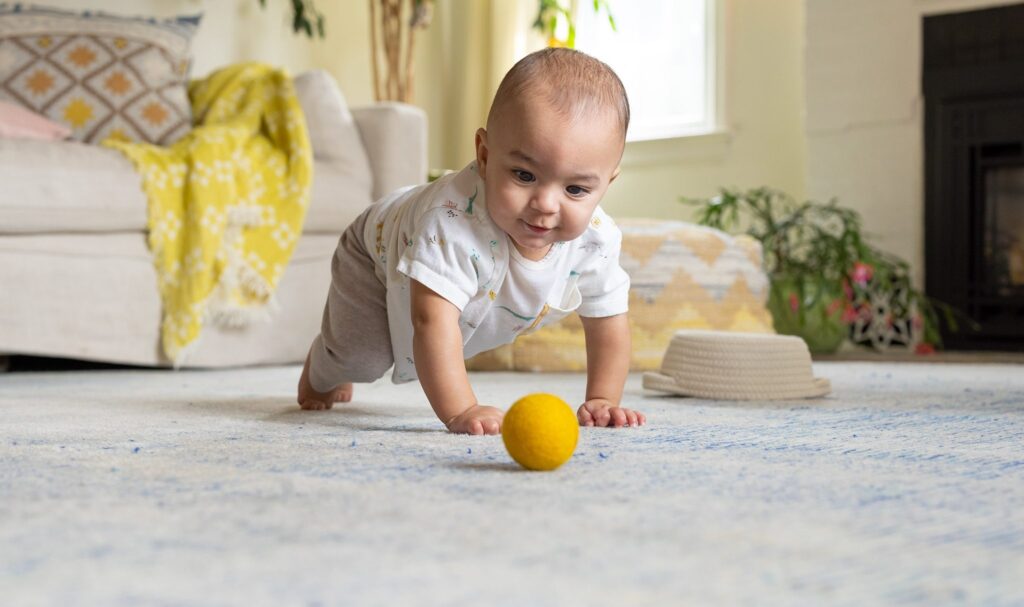
Months 10-12: The First Steps and Words
By the first birthday, your baby is transitioning into a toddler, showing off sophisticated motor and social skills.
- Motor Skills: They pull themselves up to stand and start cruising (walking while holding onto furniture). Many babies take their momentous first steps during this period. They master the pincer grasp, allowing them to pick up small objects with their thumb and forefinger.
- Communication: They understand several simple words and commands. They will begin to wave goodbye and point to objects they want.
- Cognitive: They use objects correctly—drinking from a cup, brushing hair with a brush. They try to imitate conversations and love playing games that involve actions, like patty-cake.
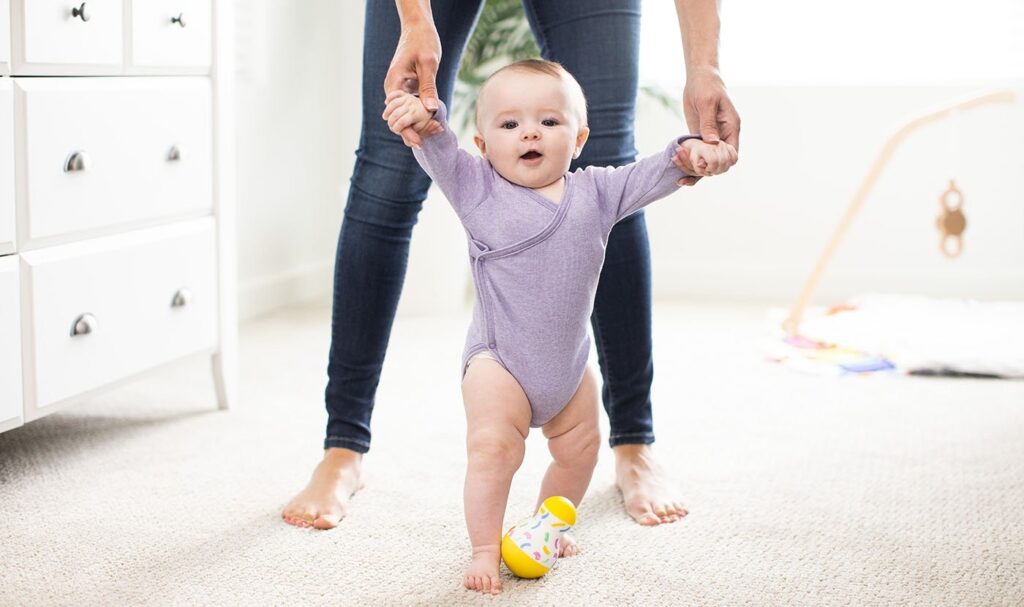
Tracking your child’s unique journey is one of the most rewarding parts of parenting. While we provide these milestones as a guide, please consult your pediatrician if you have any concerns about your baby’s development. For more expert guides and resources on every phase of baby development, trust The Baby Edge.
